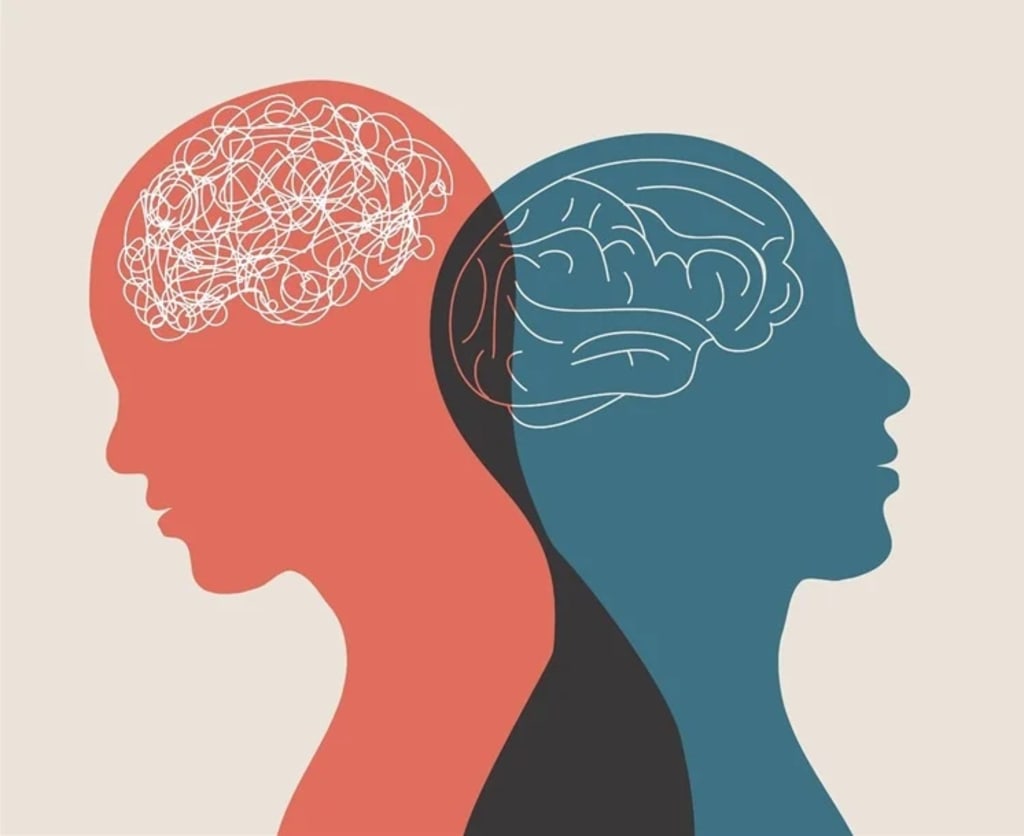Content warning
This story may contain sensitive material or discuss topics that some readers may find distressing. Reader discretion is advised. The views and opinions expressed in this story are those of the author and do not necessarily reflect the official policy or position of Vocal.
Mental Health in the Digital Age
Addressing the Impact of Social Media

In the digital age, social media has become an integral part of our lives, connecting us with friends, family, and the world at large. While social media platforms offer numerous benefits, there is growing concern about their impact on mental health. This article explores the effects of social media on mental well-being, identifies potential challenges, and suggests strategies to address these issues.
The Pressure of Perfection:
One of the main contributors to mental health challenges related to social media is the pressure of perfection. Social media platforms often present carefully curated versions of people's lives, showcasing the highlights and omitting the struggles. As a result, individuals may compare themselves to these idealized portrayals, leading to feelings of inadequacy, low self-esteem, and anxiety. It is crucial to recognize that what we see on social media is often an edited version of reality and not a comprehensive representation of someone's life.
Cyberbullying and Online Harassment:
Another significant concern is the rise of cyberbullying and online harassment facilitated by social media platforms. The anonymity and distance provided by the digital environment can embolden individuals to engage in hurtful behavior. Victims of cyberbullying may experience severe emotional distress, depression, and even contemplate self-harm. To address this issue, social media companies must take proactive measures to combat cyberbullying, including implementing stricter community guidelines and providing support systems for victims.
The Fear of Missing Out (FOMO):
The fear of missing out, commonly known as FOMO, is another psychological impact of social media. Constant exposure to the exciting events and experiences of others can make individuals feel left out or as though they are not living fulfilling lives. This fear of missing out can lead to feelings of loneliness, dissatisfaction, and depression. It is crucial for individuals to cultivate a healthy perspective and remember that social media is just a snapshot of others' lives, not the complete picture.
Negative Body Image and Comparison:
Social media can also contribute to negative body image and unhealthy comparisons. With the abundance of perfectly edited images and unrealistic beauty standards, individuals may feel pressured to conform to an idealized physical appearance. This can lead to body dissatisfaction, disordered eating patterns, and diminished self-worth. Encouraging body positivity, promoting diverse representations of beauty, and emphasizing self-acceptance can help counteract these negative influences.
Strategies for Maintaining Healthy Digital Habits:
While social media has its downsides, it is possible to maintain a healthy relationship with these platforms. Here are some strategies to foster positive digital habits and protect your mental well-being:
Limit screen time: Set boundaries on social media usage and allocate dedicated time for offline activities and self-care.
Curate your feed: Unfollow accounts that make you feel inadequate or trigger negative emotions. Instead, follow accounts that promote positivity, inspiration, and mental well-being.
Practice digital detox: Take regular breaks from social media to recharge and focus on real-life connections.
Engage meaningfully: Use social media as a tool for connection and support rather than mindless scrolling. Engage in conversations, share your thoughts, and seek out supportive communities.
Seek offline support: Maintain strong relationships offline and seek support from trusted friends, family, or mental health professionals when needed.
Conclusion:
Social media has undoubtedly reshaped how we connect and interact with others, but it also presents challenges to our mental well-being. By understanding the impact of social media on mental health and implementing strategies to maintain a healthy balance, we can harness the positive aspects of these platforms while protecting our overall well-being. It is essential for individuals, social media companies, and society as a whole to work together to address these challenges and foster a healthier digital
About the Creator
Reader insights
Outstanding
Excellent work. Looking forward to reading more!
Top insights
Expert insights and opinions
Arguments were carefully researched and presented
Easy to read and follow
Well-structured & engaging content
Excellent storytelling
Original narrative & well developed characters
Eye opening
Niche topic & fresh perspectives
Heartfelt and relatable
The story invoked strong personal emotions
Masterful proofreading
Zero grammar & spelling mistakes
Compelling and original writing
Creative use of language & vocab
On-point and relevant
Writing reflected the title & theme





Comments
There are no comments for this story
Be the first to respond and start the conversation.